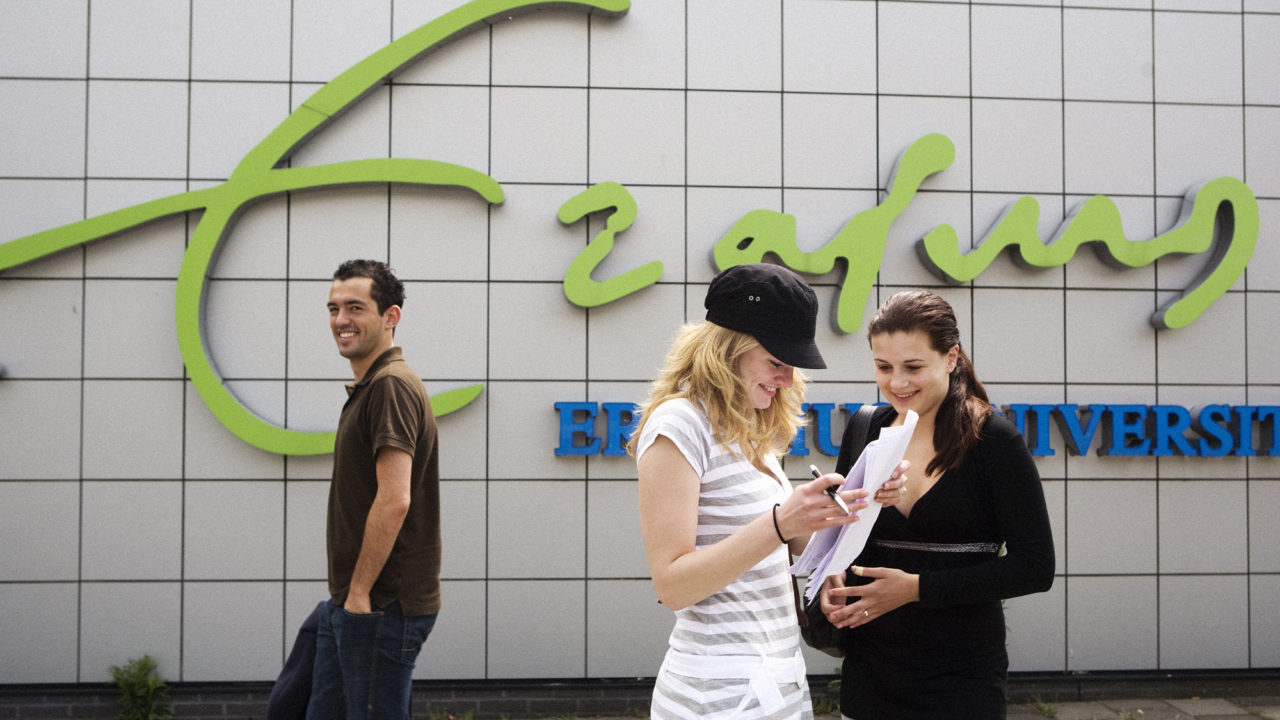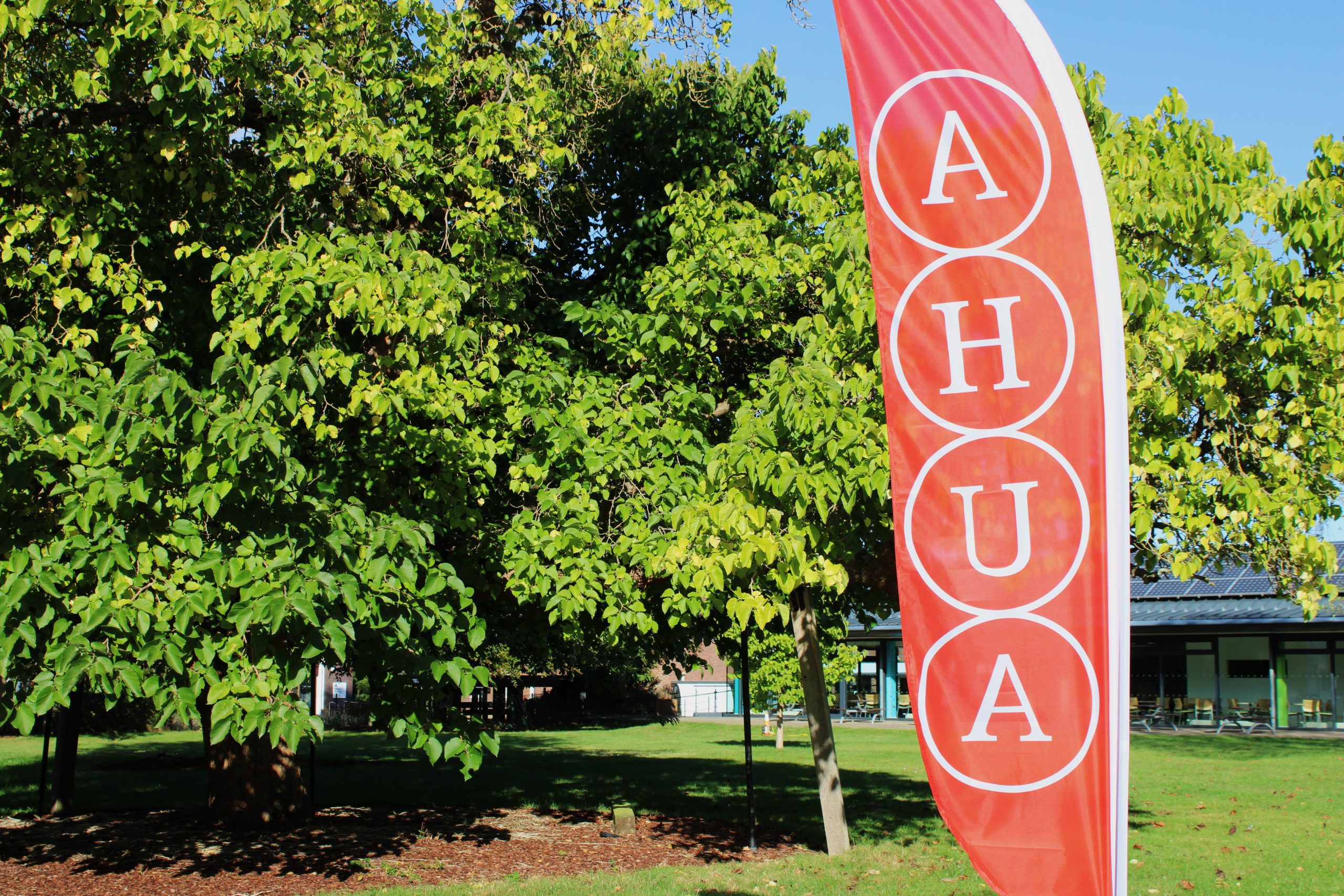European Connections in a Brexit World
Andrew West, University Secretary at the University of Sheffield, reports from a recent HUMANE seminar at the Erasmus University of Rotterdam. The seminar explored the changing models of governance and business organisation in universities.


As we continue to grapple with the many ‘unknown unknowns’ following the results of the EU referendum, there is a particular series of questions around the European connections, partnerships and collaborations which characterise key areas of the business in many parts of the HE sector.
My observation is that the debates on this theme so far have focussed mainly on the potential implications for the academic research community, and in relation to student recruitment. In this context, it seems to me that there are important complementary questions about the opportunities available to foster European networking, learning and collaboration in the professional services.
HUMANE (Heads of University Management Network in Europe) is a professional network providing opportunities for heads of university administration and senior colleagues to exchange experiences, share practice and facilitate innovation in HE institutions. There is also a strong emphasis on reinforcing the relationships between academic and administrative leadership in HE.
Originally with some financial support from the European Commission, HUMANE is now a non-profit association with 170 institutional members in 26 European countries. Colleagues who attended the recent AHUA business meeting in Birmingham may recall a brief HUMANE update from Ian Creagh, who is shortly to begin consultancy work with the network, to steer future strategy and to extend HUMANE’s professional development activities.
One of HUMANE’s established suite of development opportunities is an intensive residential programme (aka “Winter School”) which I participated in some years ago. This tends to attract heads of professional services functions and is a chance to be immersed in the breadth of issues facing institutional leadership teams across the various academic and professional boundaries. Participation in the Winter School in turn gives access to a follow-on programme of thematic seminars, the most recent of which I have just attended at the Erasmus University of Rotterdam (EUR). EUR is an impressive young institution, established in its current form only in the 1970s and now with 26,000 students across a range of (principally) social sciences disciplines and a top 100 world ranking position in the latest THE league.
The seminar addressed the theme of changing models of governance and business organisation in HEIs, with a resulting demand for new responses and new roles in professional support. My experience of HUMANE seminars is that they try hard to straddle the boundary between academic research and professional practice. This blended approach seems less common in the UK professional development context – from my perspective it results in a far richer basis for genuine learning and development. The most recent seminar was no exception – a highly relevant theme with contributors of impressive quality.
Alongside sessions on changing thinking and structures in governance, including input from the well-known researcher in HE policy Jeroen Huisman (formerly of Bath and now based at the University of Ghent), we also worked through a fascinating and challenging case study from Helsinki University where significant financial pressures have been the driver for a wholescale re-imagining of professional services support into a single-structure “university services” model. The new arrangements are bedding in after an intense period of service re-design with implementation beginning in Spring 2016. Esa Hämäläinen, head of administration from the University of Helsinki, is currently the Chair of HUMANE and he is due to attend AHUA’s Spring conference next year in Northern Ireland. Complementing the Finnish case, we discussed recent research from the field of work psychology addressing the critical issues of employee engagement supported by effective job design.
The next HUMANE seminar takes place in London from 4-5 November 2016 on the theme of Attainment, Affordability and Access in Higher Education, including contributions from speakers from the UK, Sweden, the Netherlands, Germany and France.
The 2017 edition of the HUMANE Winter School will take place in Barcelona from 19-24 March 2017, hosted by the University Pompeu Fabra. Applications are now open – in our Brexit-challenged sector, what better time to consider this stimulating pan-European opportunity for your senior colleagues.
More information on all HUMANE’s activities can be found at www.humane.eu
Image: Erasmus University Rotterdam
